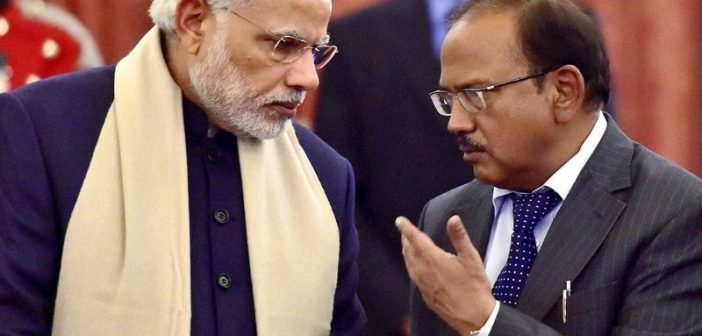National Security Advisor Ajit Doval’s upcoming visit to Moscow from September 10-11, 2024, is part of India’s continued efforts to mediate peace in the ongoing Russia-Ukraine conflict. This trip follows Prime Minister Narendra Modi’s diplomatic outreach to both Russian President Vladimir Putin and Ukrainian President Volodymyr Zelensky in recent months, with Modi positioning India as a neutral facilitator for dialogue.
India’s peace plan, which Doval is carrying, underscores Modi’s assertion that “India is not neutral, but on the side of peace.” This strategic positioning has been central to Modi’s diplomatic efforts, particularly after his visits to Russia and Ukraine earlier in 2024, where he emphasized dialogue as the only solution to the war.
Doval’s visit will focus on presenting India’s approach to peace at the BRICS-NSA meeting, a key gathering that involves major geopolitical players including China and Russia. India’s involvement at this level reflects its ambition to play a more significant role in global conflict resolution. The plan likely includes diplomatic steps aimed at fostering dialogue between Moscow and Kyiv, especially as Ukraine’s war has entered a protracted phase with little sign of immediate resolution.
The significance of Doval’s meetings with Putin is particularly critical, as India seeks to maintain a balanced relationship with Russia—an old ally—while attempting to stay neutral in its engagements with Ukraine. Modi’s peace efforts are seen as a part of India’s broader strategy to leverage its influence as a leader of the Global South, positioning itself as a neutral but active mediator capable of facilitating talks that others in the West have struggled to advance.
Russia has responded favorably to India’s role, especially given the historical ties between the two countries, but Ukraine remains more cautious, particularly after Modi’s earlier meeting with Putin received mixed reactions. Doval’s visit will thus serve as a delicate balancing act for India as it navigates these complex geopolitical waters, presenting a peace plan that needs to be acceptable to both parties involved while also preserving its relationships with other global powers.
India’s strategic positioning and its ability to bring major global actors to the negotiating table could define the future of the ongoing war and enhance its global diplomatic stature.





